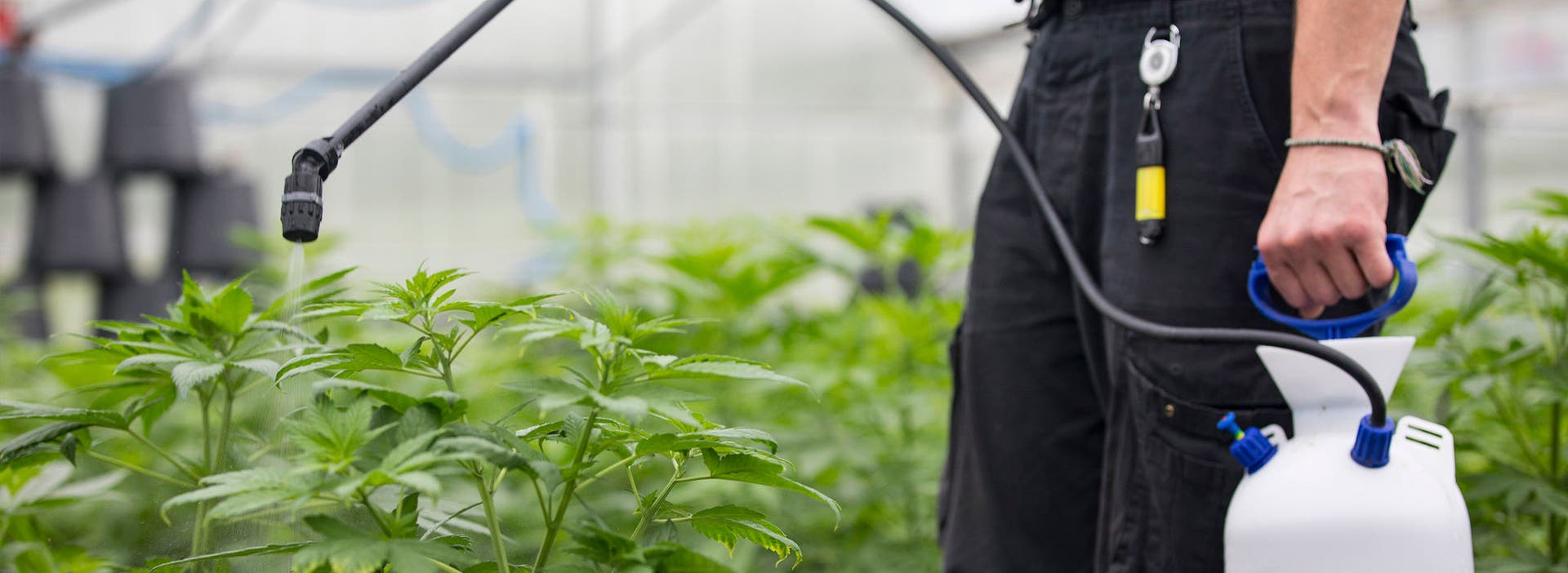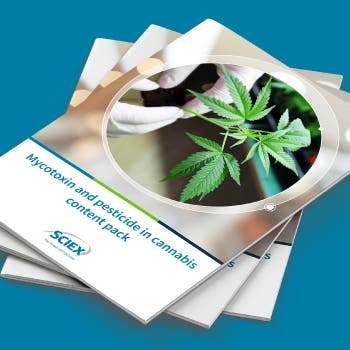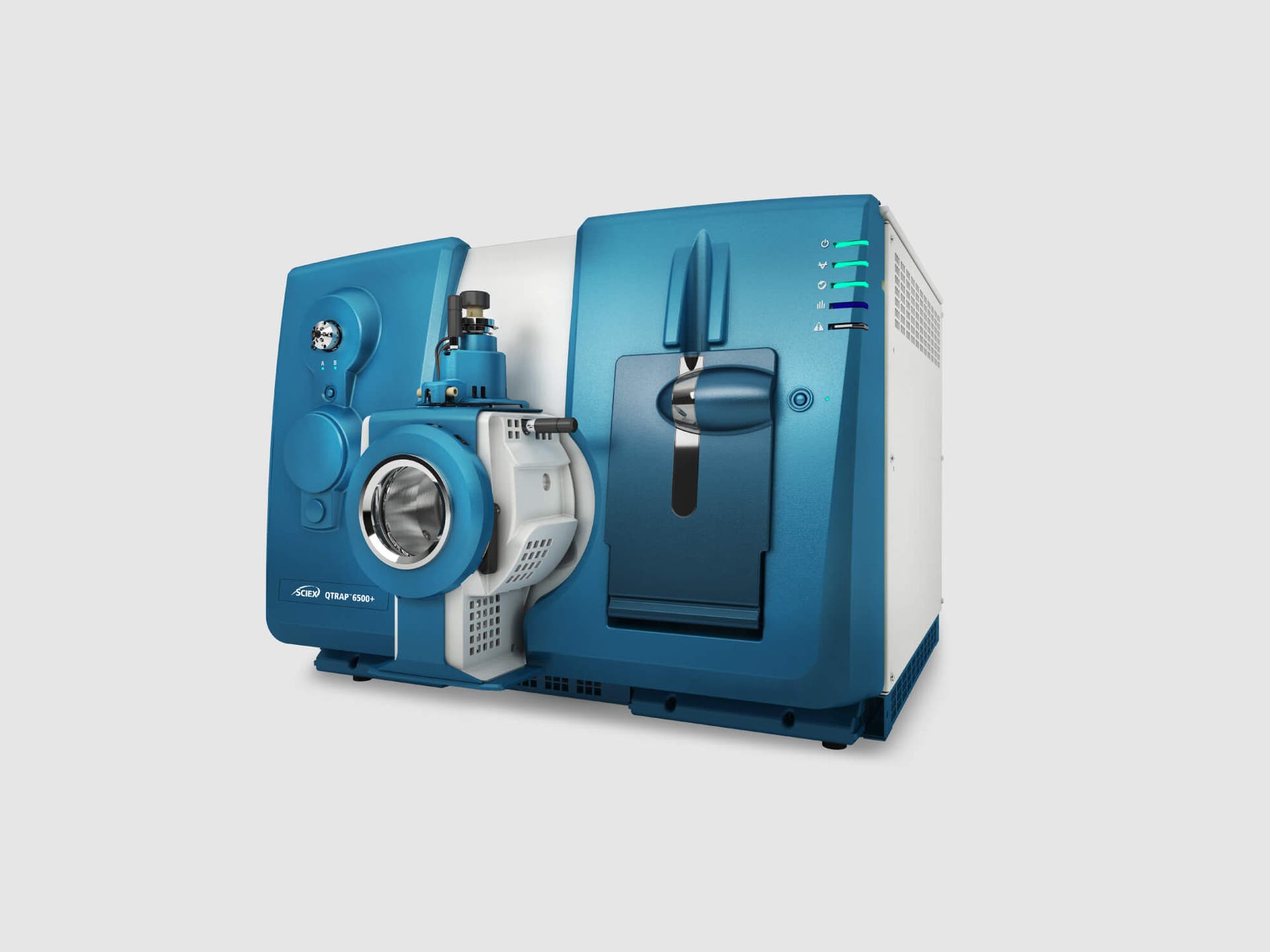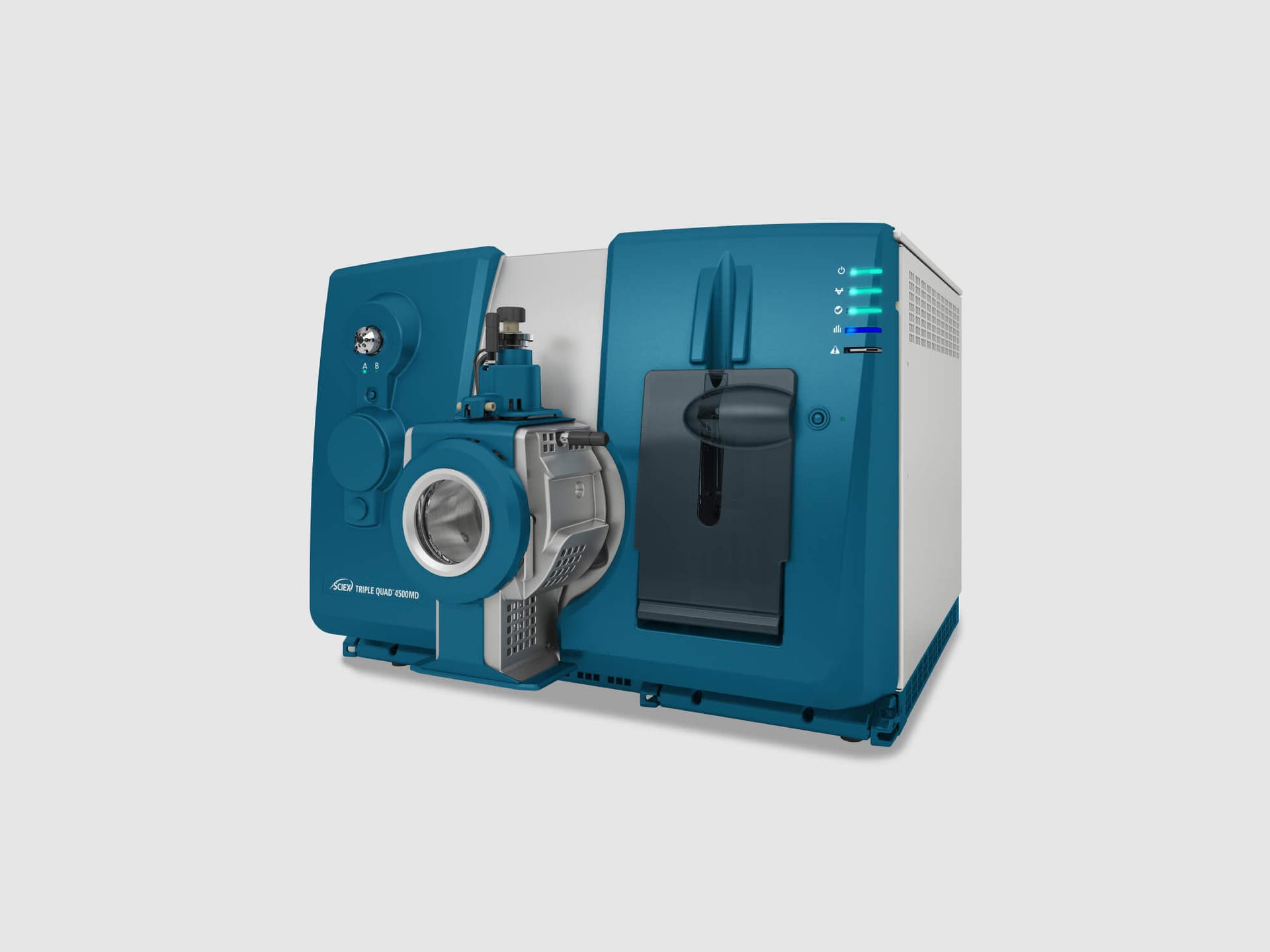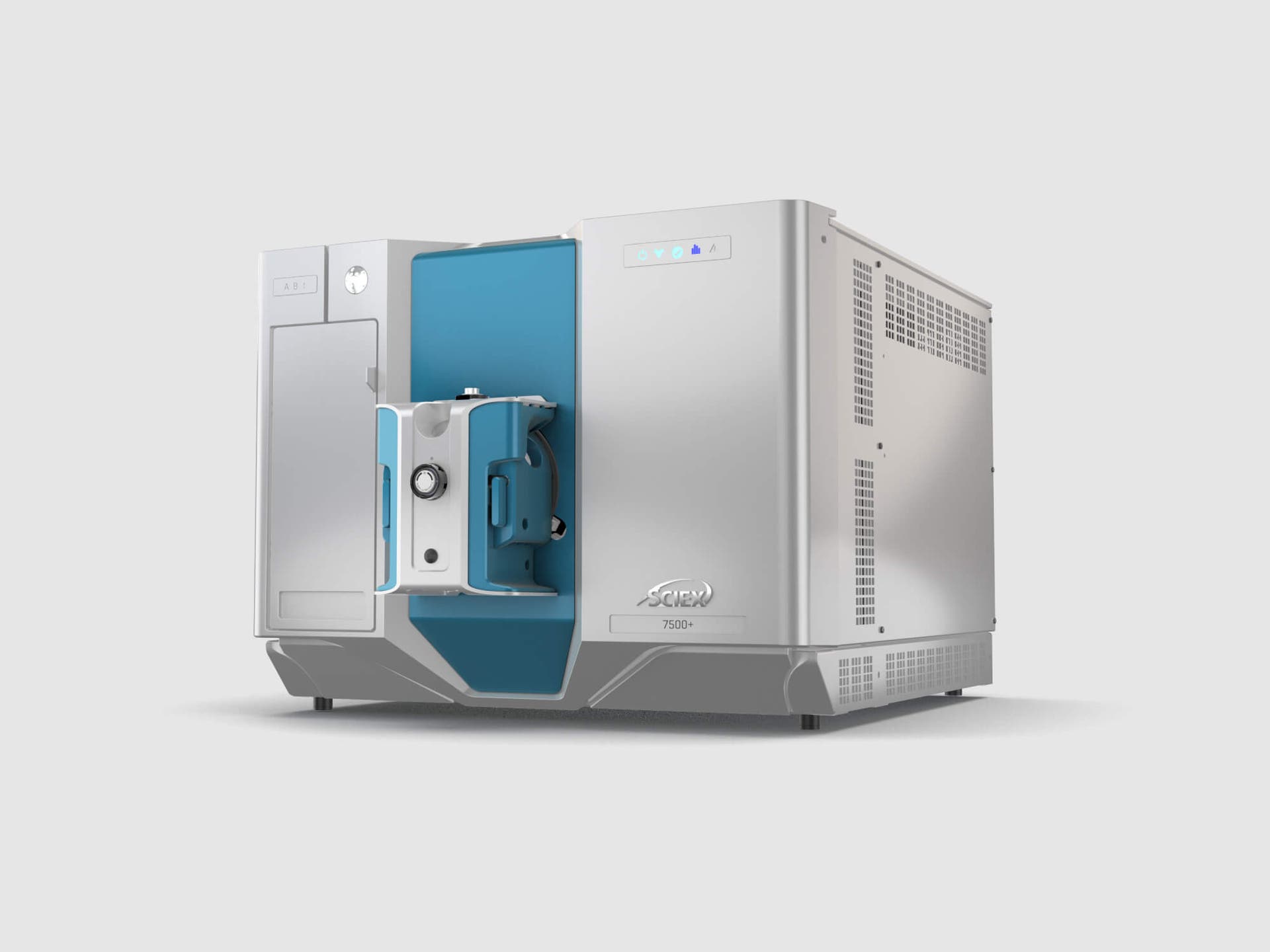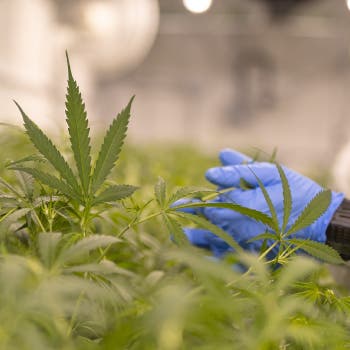Insecticides, fungicides, rodenticides, acaricides, or other crop protection chemicals can pose health risks to field employees (through exposure) and consumers. Additionally, these chemicals are regulated differently from state to state within the United States and from country to country. While pesticides rank highly on the list of safety concerns and regulated compounds that are the focus of cannabis and hemp testing, the acceptable levels range from 0.01 µg/g (10 ppb) to above 1 µg/g (1 ppm), is highly variable.
The analytes targeted for testing, and the actionable residue levels, vary by region. Each jurisdiction has approved lists of pesticides to monitor and an established maximum residue limit (MRL) for each pesticide potentially found in a cannabis and hemp harvest. To put the differences in regulation into perspective:
- The Oregon List of Pesticides1 has a list of 59 compounds (pesticides and cannabinoids)
- The California Pesticide Regulations2 are divided into 2 categories:
- Category I pesticides contain 21 residues with a limit of detection (LOD) of 0.1 ppm
- Category II residues list 45 compounds with MRLs in “Inhalable Cannabis Goods” or “Other Cannabis Products”. The lowest action limits are at 0.1 ppm.
- There are 6 compounds on the California list that are not currently on the Oregon List
- The Canadian Cannabis Pesticides List3 proposes regulating 96 pesticides, with tolerance levels 10 to 500-fold lower than those regulated by California or Oregon, with many analytes regulated at 10 ppb in product
The LC-MS/MS solution for your pesticide testing in cannabis
Because of the variability and diversity of the matrix composition of samples—cannabinoids, terpenes, sugars, fatty acids, and more—analyzing cannabis and hemp for pesticides can be challenging. This is especially true for high-throughput cannabis and hemp residue testing.
SCIEX LC-MS/MS systems employ innovative technology to enhance your cannabis analysis and help your cannabis and hemp pesticide residue testing meet the various regulatory requirements. Flexible analytical instruments in electrospray ionization (ESI) or atmospheric pressure chemical ionization (APCI) can help maximize your lab's output and improve returns on investment.
